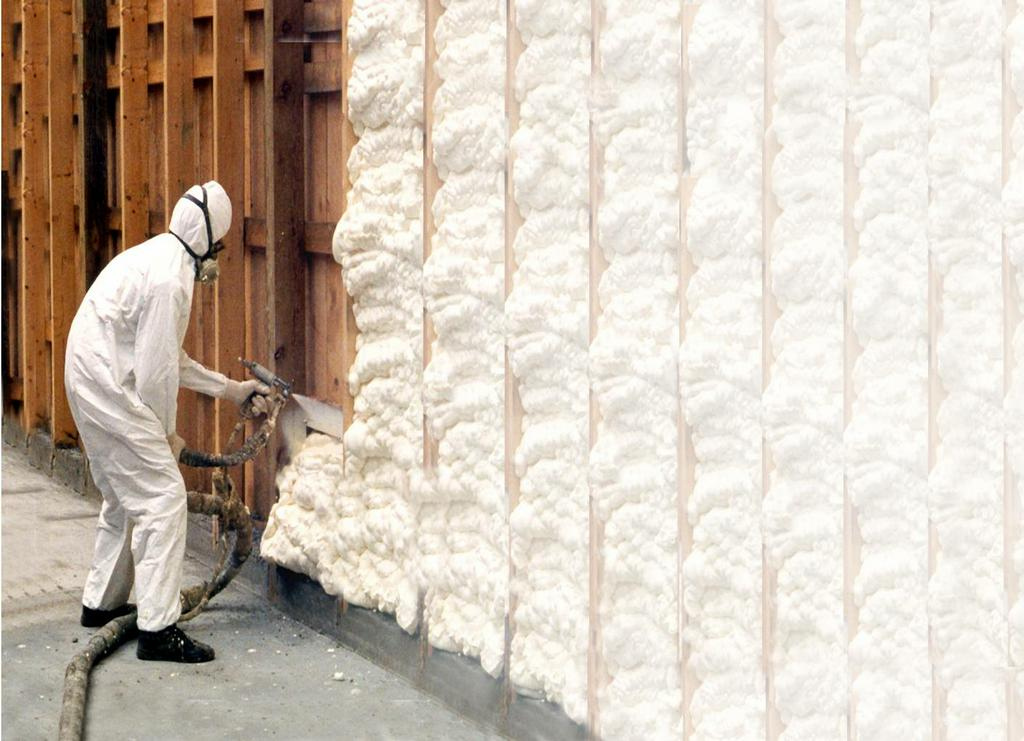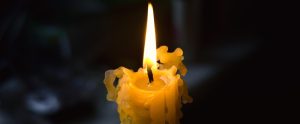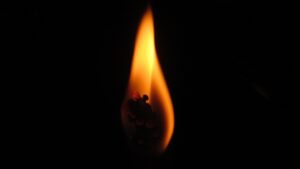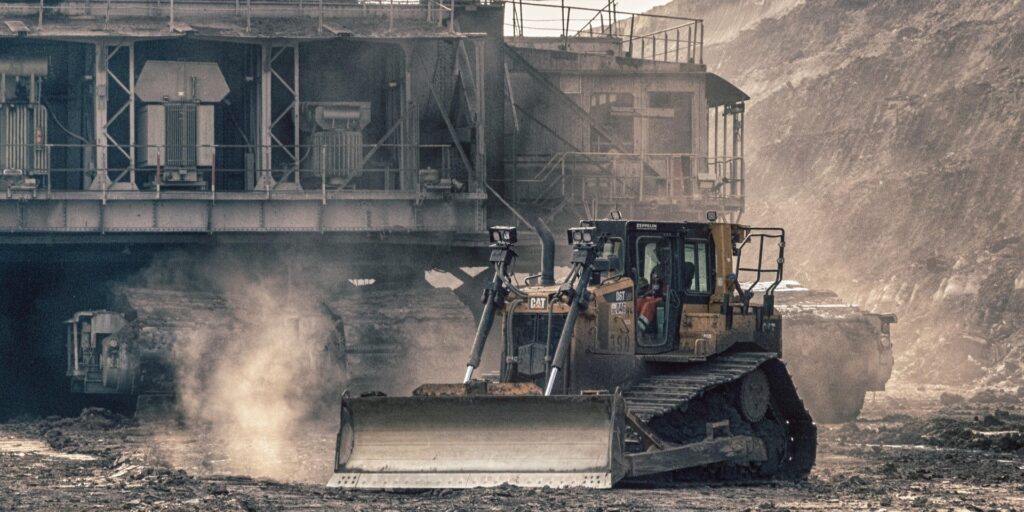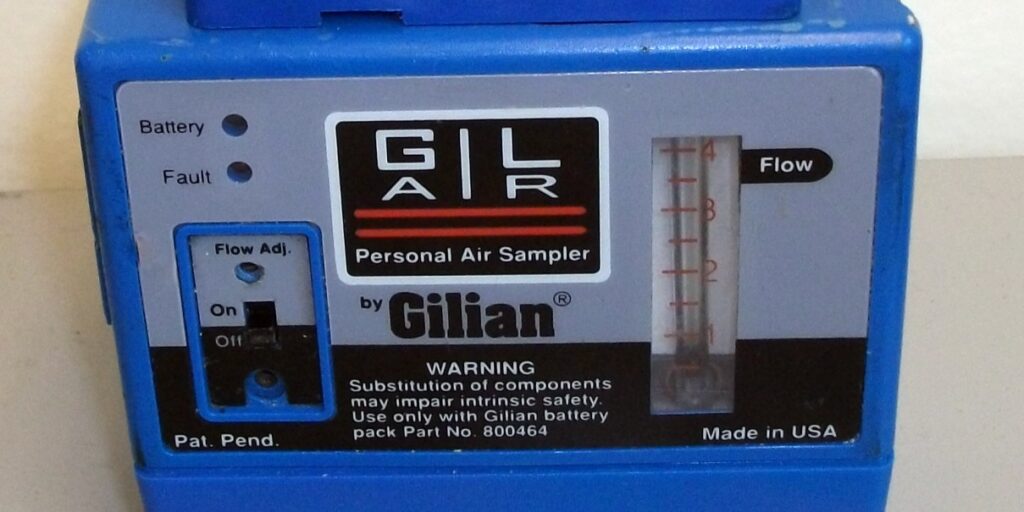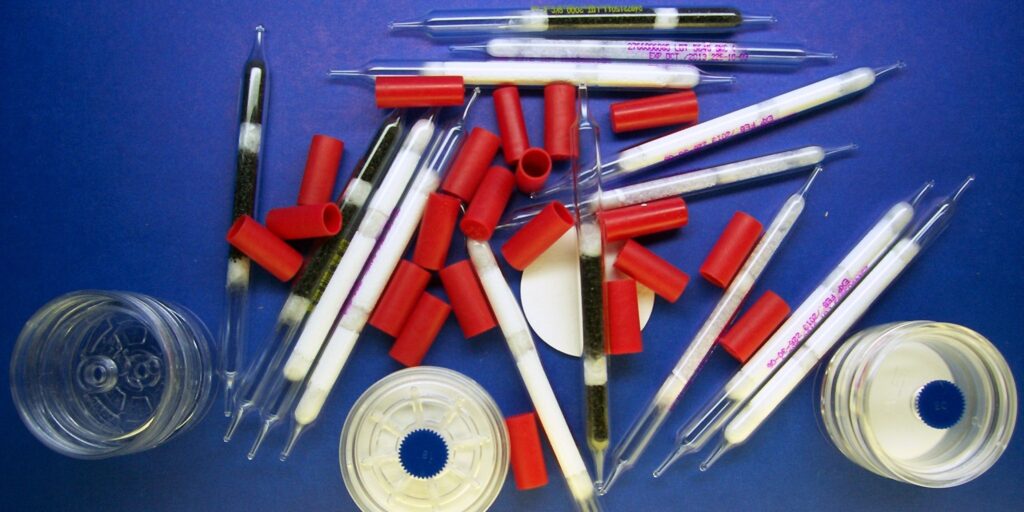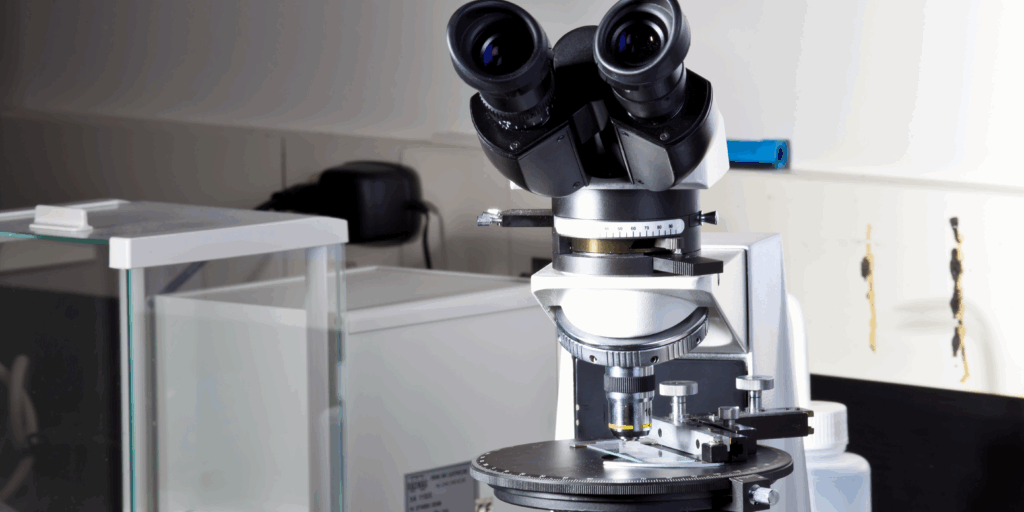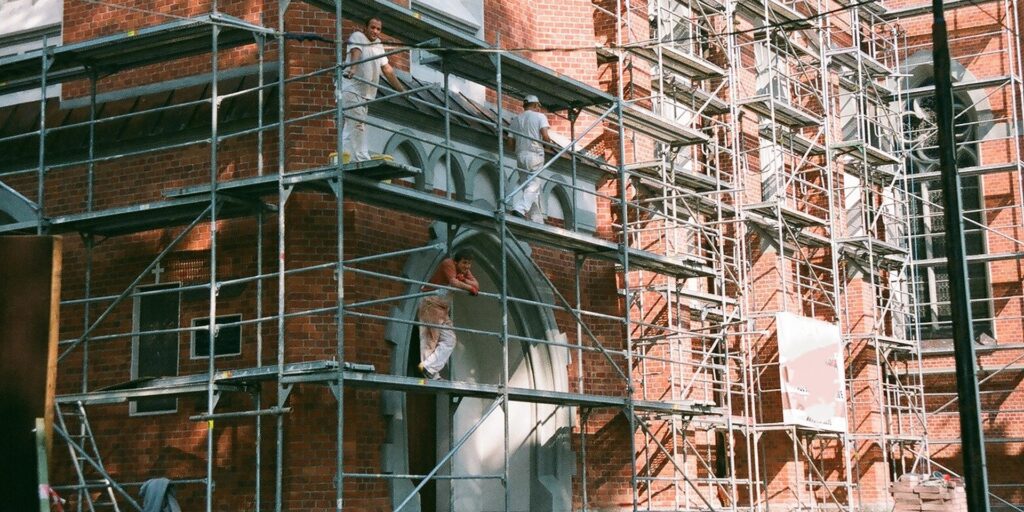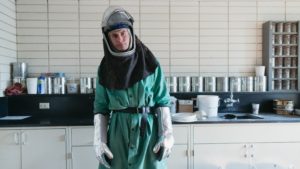 Accurate Testing for Residual MDI in Polyurethane Construction Foam by LCS Laboratory Inc. Methylene Diphenyl Diisocyanate (MDI) is a critical component in the production of polyurethane-based construction foam. This versatile material is widely used for insulation, sealing, and gap-filling in buildings. However, residual MDI in improperly cured foam poses a significant health risk, as it can release hazardous vapours into indoor air. Understanding and quantifying the amount of unreacted MDI in your construction foam is essential for ensuring safety and compliance.
Accurate Testing for Residual MDI in Polyurethane Construction Foam by LCS Laboratory Inc. Methylene Diphenyl Diisocyanate (MDI) is a critical component in the production of polyurethane-based construction foam. This versatile material is widely used for insulation, sealing, and gap-filling in buildings. However, residual MDI in improperly cured foam poses a significant health risk, as it can release hazardous vapours into indoor air. Understanding and quantifying the amount of unreacted MDI in your construction foam is essential for ensuring safety and compliance.
Why Is Testing for Residual MDI Important?
MDI is classified as a hazardous chemical due to its potential to cause respiratory irritation, asthma, and allergic reactions upon exposure. When polyurethane foam cures incorrectly, unreacted MDI can remain trapped within the material. Over time, this residual MDI may off-gas into the environment, potentially affecting the health of building occupants and violating regulatory standards.
By testing for residual MDI in foam, you can:
- Verify the safety of your insulation material.
- Ensure compliance with industry safety regulations.
- Protect occupants from long-term health risks.
LCS Laboratory Inc. tests residual MDI using a modified OSHA Method # 47.
- We extract MDI from foam using an anhydrous solvent with a derivatiser – a chemical compound that preserves MDI from future degradation.
- The extract is analyzed using High-Performance Liquid Chromatography (HPLC) with UV detector.
- The concentration of MDI is reported in units of milligrams of MDI per kilogram of foam (mg/kg).
Safety recommendations for different levels of MDI in cured foam.
- 0-1000 mg/kg of foam (0-0.1%). The foam is 99.8% cured with only traces of residual MDI. This product pauses low-risk and releases a negligible amount of MDI.
- 1000-10,000 mg/kg of foam (0.1-1.0%): The foam is 98-99% cured. The concentration of MDI in the foam is elevated, posing a significant risk of exposure for tenants.
- 10,000-100,000 mg/kg of foam (1-10%): The foam is not properly cured. A significant excess of MDI is still present, and there is a very high risk of ongoing over-exposure.
Protect Your Safety and Compliance
If you suspect improper curing of your foam insulation, LCS Laboratory Inc. can provide reliable testing services to identify residual MDI. Our expert analysis ensures peace of mind and helps you maintain a safe environment.
Contact Us for Testing
For questions about our testing services, shipping instructions, or sample preparation, please visit our contact page. You can also download our laboratory price list and the required Material Testing Request Form. Choose LCS Laboratory Inc. for precise and professional hazardous material testing services.

